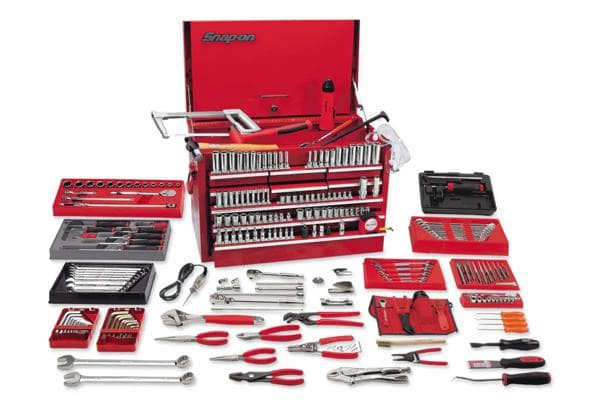
Unleashing the Value: Pawning Snap-on Tools at Pawn Shops
Many pawn shops pay top dollar for good condition tools and equipment.

Many people wonder if their information will become public when they pawn or sell an item to a pawn shop. Under most circumstances, pawn shops protect the identities of persons who pawn and sell items to the store. This means that other pawn shop customers will have no idea who pawned or sold the item.
Pawn shops cannot tell you who pawned an item. Pawn shop transactions are considered financial transactions, and they are protected by law. Banks and insurance companies do not publish or disclose the accounts of their customers to the public. Pawn shops operate the same way - they protect user privacy.
Pawn shops are regulated by local, state, and federal laws. Pawn shops must follow laws to keep their operating licenses. Many regions require pawn shops to share information with local law enforcement to prevent fraud and theft. Pawn tickets are created when an item is pawned or sold. These pawn tickets are legal documents that can be shared with law enforcement and courts. Also, pawn shops enter serial numbers and other identifiable traits into a database that law enforcement can inspect.
Pawn shops do not want fake goods or stolen goods because they can cause financial losses and legal problems. Pawn shops work hard to avoid counterfeit and stolen goods, but sometimes they can slip by even the most trained pawnbroker.
Pawn shops are required by law to provide information when a case is opened for fake and stolen merchandise. During this process, the information from the pawn ticket will be reviewed by law enforcement and it could become public in court documents. As long as you do not pawn fake or stolen merchandise, your information will not become public.
If you see an item you think is stolen at a pawn shop, the pawnbroker will not be able to tell you much regarding who pawned or sold the item to the pawn shop. Your best option is to inform the pawnbroker that you believe the item is stolen and contact local law enforcement to open a case. Local law enforcement will work with the pawn shop to investigate and determine if the item is indeed stolen. Law enforcement can help you get your stolen item back.
If you see a fake item at a pawn shop, you should notify the pawnbroker that you believe the item is fake. The pawnbroker can investigate the matter and remove the item if needed. You can also file a report at StopFakes.gov. Typically there are no financial rewards or bounties paid to people who report counterfeit goods.
Some items may have personally identifiable information on them. For example, a used trophy or medal could contain a person’s name. In this instance, any customer could link a person to the item in the pawn shop. You can try removing any personally-identifiable information before you pawn or sell your items.
Other items might be linked to you. Someone might have seen a unique item at your house, and then notices it at a pawn shop. While these instances are rare, the chance does exist that someone could realize you pawned or sold an item to a pawn shop. You always have the opportunity to use our map tool to find pawn shops that are far away from your location.
You should discuss with the pawnbroker any topics that concern you before you pawn or sell your item. You can ask what information they retain, and what is publicly disclosed. Pawn brokers can tell you which local and state laws they have to follow regarding data protection and data privacy.
💬 Be the first to leave a comment

Many pawn shops pay top dollar for good condition tools and equipment.

Learn how to sell your good condition designer sunglasses to pawn shops
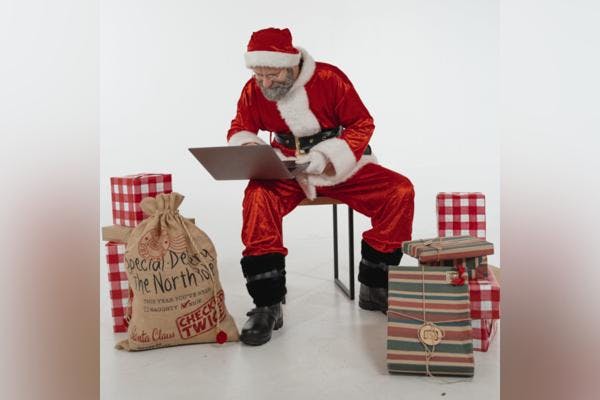
Learn how you can exchange Christmas gifts at pawn shops for cash
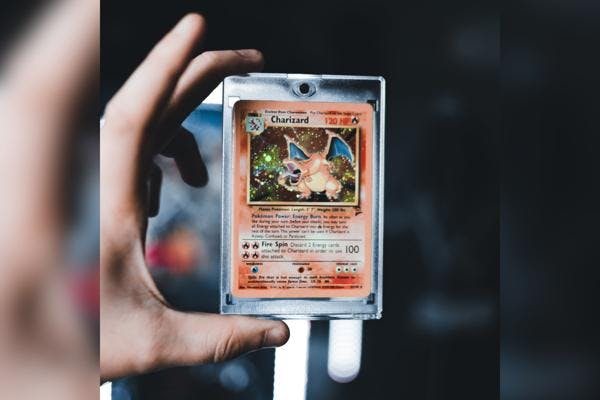
Learn how to get the most money at pawn shops for your rare Pokémon Cards.
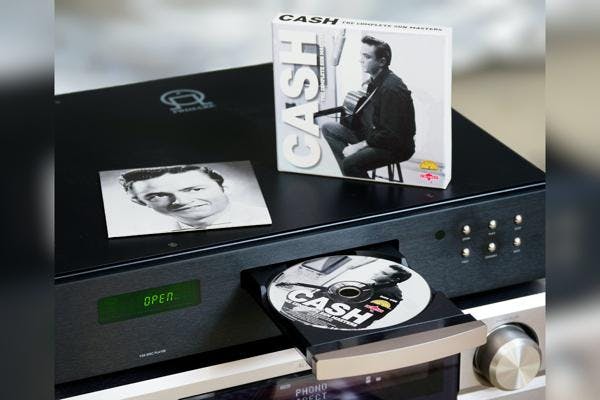
Many pawn shops still buy and sell DVDs and DVD players. Learn how much money pawn shops will offer.
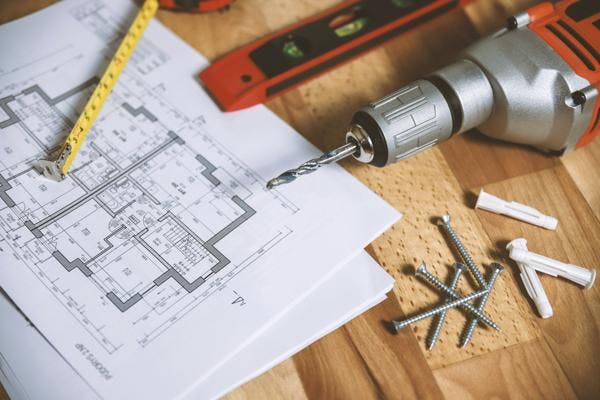
Pawn shops are an essential part of the economy. Learn how you can start a profitable pawn shop in your local region.